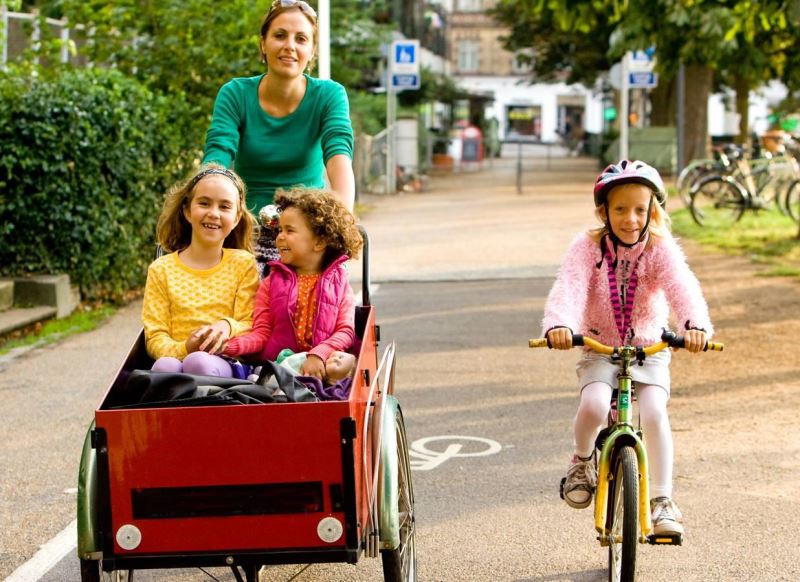FOSTER CARE FAQs
Cornerstones of Care hosted a 1-hour Live Q&A on June 7, 2023 to answer your questions about our new “Become a Foster Parent 101” video series and the process of becoming a foster parent. Valyn McClellan, Senior Director of Family Support Programs and Services (MO) and Nicole Newton, Director of Resource Development (KS) lead the conversation, facilitated by Justin Horton, Chief Programs and Innovation Officer. They were also joined by one of our dedicated foster parents, Randi Cunningham.
Watch Recording of Live Q&A
Below are additional frequently asked questions about foster care and adoption. Please reach out to us directly at 855-778-5437 if you have a question that is not answered below. In Kansas, current foster parents can reach on on-call team between 5pm and 8am at 913-267-1679. There are different types of foster care, but different “levels” of care might be a better way to describe it. See longer descriptions on the types of foster care for more detailed information. Additionally, there are different requirements, competencies and training opportunities for the various levels of care. Contact us if you're interested in learning more. It depends on your training. Since each situation is different contact us at 855-778-5437 to discuss your specific situation. While we provide licensing in the Kansas and Missouri, we can help answer your questions if you are licensed in another state. We forward to hearing from you!
Most definitely! We have some wonderful foster/adoptive parents who are single. But if, at some point, you choose to begin a romantic relationship, you must inform our staff. For the safety of the children, a criminal check and an abuse and neglect background check is required on everyone in close contact with your foster children.
Again, it is imperative that you be upfront with our staff about your relationships, otherwise the children may be removed from your home. If you become engaged to be married after you receive your license, your fiancé must go through the training as well and be approved as a foster/adoptive parent.
Take a look at the steps to become a foster parent to learn more and determine your next steps.
That's a resounding YES! Times and attitudes have changed, and for the better. We’re looking for safe, stable, nurturing homes for children who have been traumatized. If you can provide that, we want you to join us. Learn more about becoming a foster parent to determine your next steps.
Many children enter state custody on a daily basis and we need to place them in homes fast. We start looking for placements immediately.
- We search our database for available matches.
- If you are a good fit, we call you and tell you about the child.
- After careful consideration, you decide whether to accept the child into your home. (Most times a decision is needed within 15 minutes.)
- If you say 'yes', the caseworker calls you to set up a meeting location.
- Once the child is in your home, you must call your family development specialist to inform him or her of the new placement.
- If you say 'no', the staff simply calls the next person on the list.
As a rule, you can have no more than five children in your home, consisting of any combination of biological and foster/adoptive children. For example, if a family has 3 biological children, they can only be licensed for 2 children.



